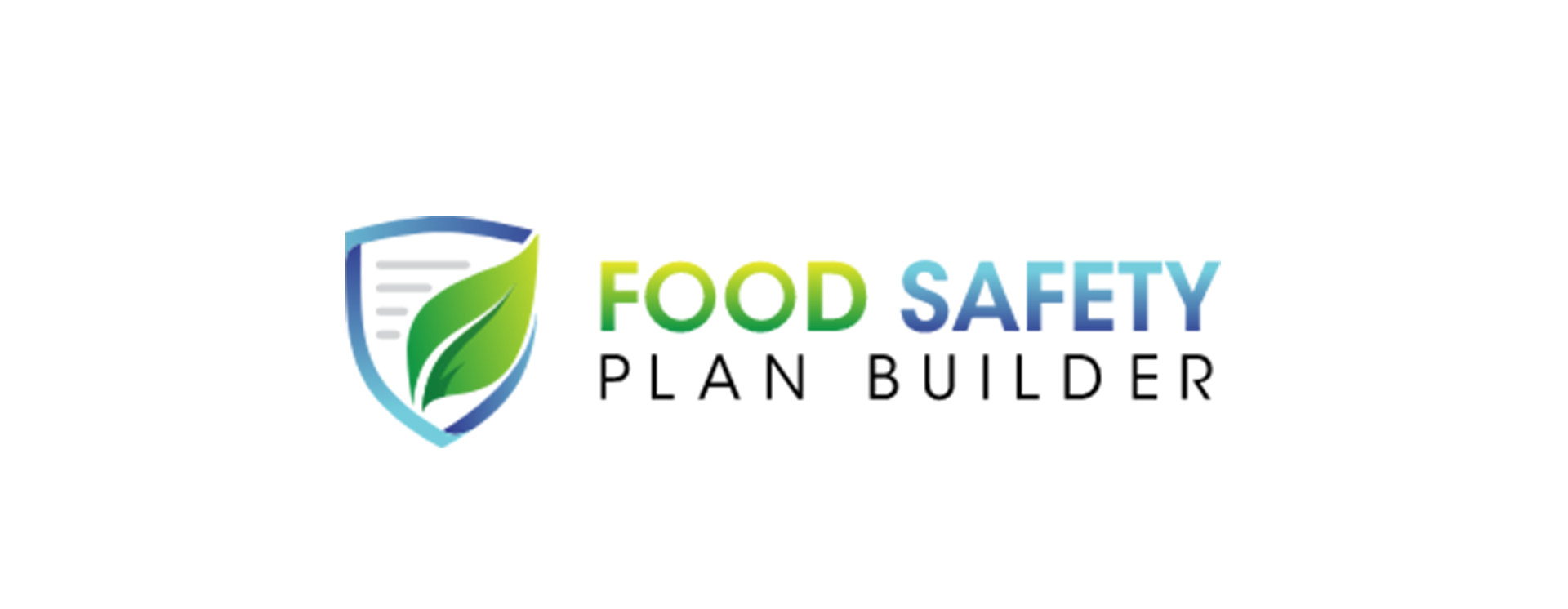Signs you are suffering from “Food Safety Audit Fatigue”
26 Apr 2024

… and ways to combat this common syndrome
“It’s like I get one auditor out of my office and another one is waiting. All I seem to do these days is answer the same questions over and over and over again.” – QA Manager
Do you feel like you are always being audited?
Do you feel that despite all the audits that your standard of food safety is not getting any better or the findings are not adding any meaningful insights?
Are the audit results becoming very predictable?
If this is the case you could be suffering from audit fatigue and/or audit paralysis?
“Audit fatigue is defined as a condition that results when a company repeatedly conducts the same audit or gets exposed to a significant number of external audits and the findings do not reveal new meaningful insights.”
“Audit paralysis is a condition closely related to audit fatigue. Audit paralysis restrains a company from further improvement as it binds a participating company to a set of audit requirements that they already exceed or do not agree with.”
How did we get into this situation?
One of the reasons the Global Food Safety Initiative (GFSI) certification program was put in place was to reduce the number of external audits. The GFSI vision is for “once certified, accepted everywhere” food safety compliance audits. Then why is a single certification not enough and that many customers insist on their own additional audits or addendums?
Let us take a step back and ask “Why do we need any kind of food safety audit at all?” If enterprises did the right thing, we would not need any audits. Food safety incidents continue even though we have some of the most rigorous food safety requirements than any time in our history. Well there-in lies part of the problem. There is a lack of trust and looking back at our chequered history of food safety incidences there are good reasons for the lack of trust. Lack of trust in the supplier and lack of trust in the certification process or certification bodies (CB’s). To the extent where some customers even dictate which CB’s to use. If a customer has experience in sub-par auditing of their own systems or the ability to “purchase” a certificate, then they think that their suppliers can and do the same. As a result “Trust is Lost”.
There is another reason and that is the design of our supply chain management systems. There is a perception with some companies that in order to meet Supplier Quality Assurance (SQA) requirements, they have to audit their suppliers. Auditing is only a small part of SQA and there are many other ways to manage food safety along the supply chain that are far better than auditing. Yet auditing seems to be the default.
In my HACCP courses we discuss whether supplier quality assurance or vendor management programs are a CCP or not. One of my arguments that it cannot be a CCP is because “we cannot control our suppliers!” We think we can control them by enforcing systems, specifications and audits on suppliers. In many cases they comply “to keep the business” but we are fooling ourselves if we think we can control the supplier. As long as there is a lack of trust, fear of a food safety incident and a continued need to try and control our suppliers then we are going to continue to see more and more audits.
Food Safety Audits do not control food safety!!!!!
“A Food Safety Audit focuses on gathering information about a food business to identify any areas of potential improvement in the business’s food safety processes and systems. It also identifies areas of the business that have deficiencies and the appropriate action to correct any deficiencies”
Who is most prone to audit fatigue?
Looking at the audit life cycle, it seems that enterprises that are in the Predictive Stage of the audit life cycle seem to be more prone to audit fatigue and paralysis
Audit life cycle
- Commencement Stage – a company decides it’s time to develop a food safety program
- Discovery Stage – a company conducts its first food safety audit
- Maturation Stage – a company gets audited a number of time